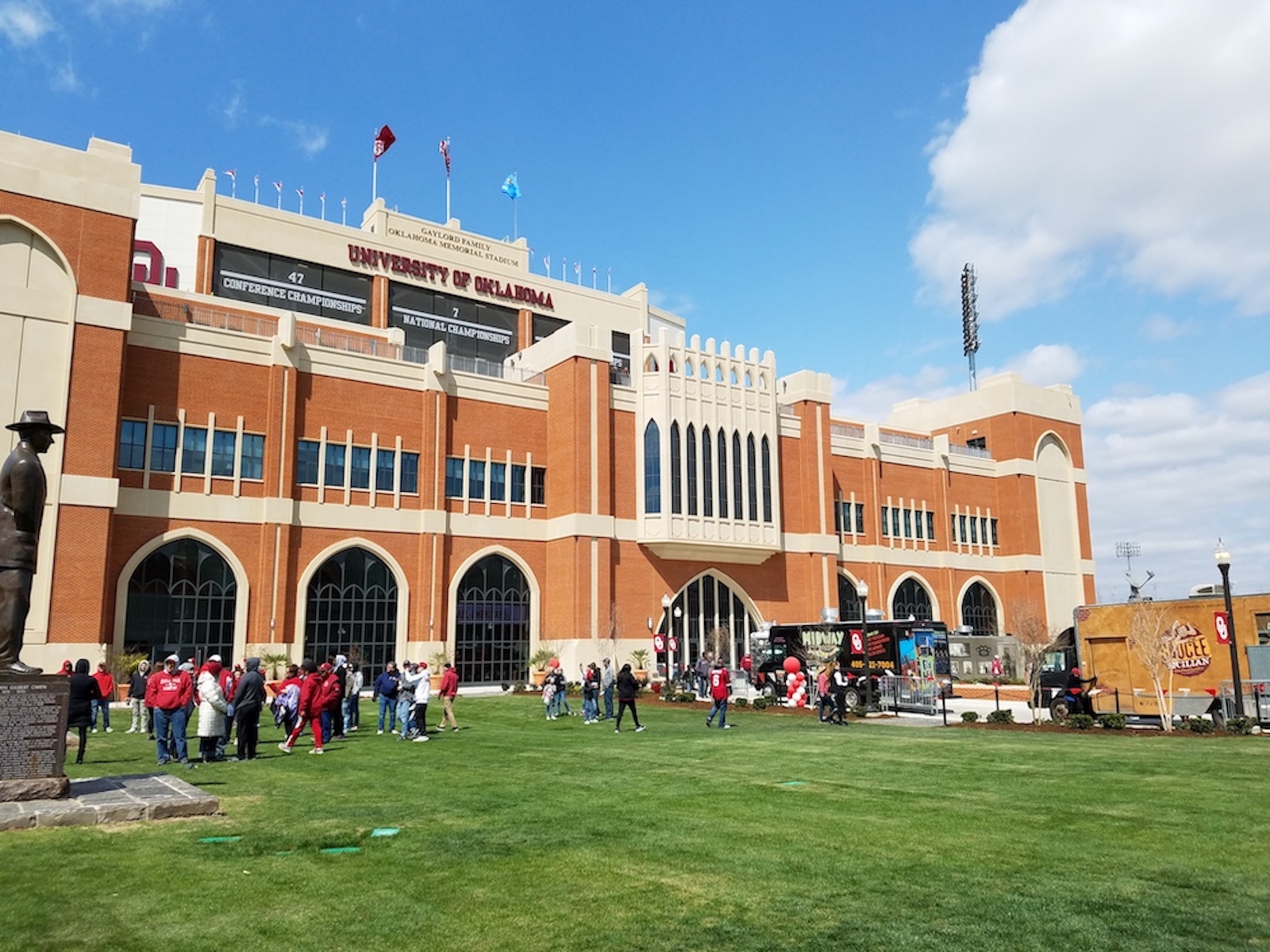It is difficult to discuss free speech without addressing freedom of the press. My Intro to Media professor, Dean Yynette Walker, gave me her insight into the role the press plays in freedom of speech.
Journalism, she explained, is rooted in free speech.
“The whole reason that we do our work is because we believe in the right to free speech and our right to exercise that right.”
Journalists create awareness about community or national events. This allows people to speak up about the issues that affect them.
“We try to give information that people need to know to keep them informed to make better choices.”
If citizens want to actively engage in free speech, their words will be much more effective if they are well informed.
“Read the news,” Dean Walker advised. She told me that most of the facts journalists uncover are open records to the public, but the average person probably does not know how to get to such records. This is where journalists come in. They help make this information easily accessible to everyone.
“Read it from a variety of sources,” she advised. “Then you will be armed with enough information to…use your voice and that free speech.”
Journalists also hold our elected officials accountable.
“We have the right to ask them questions.”
Sure, politicians do not have to answer everything, but they generally understand the importance of being transparent with their constituents. Journalists play a vital role in this.
“[There is a] relationship between reporters and leaders,” Dean Walker said.
Journalists keep up the conversation between the people and their leaders. In this way, they serve as watchdogs.
Today, the role journalists play in free speech is often downplayed, especially when words like “fake news” get thrown around.
“Fake news as a term used to be about satire and jokes,” Dean Walker shared with me. “Over time, leaders corrupted that term and began to accuse reporters of lying and creating stories that are not true.”
Sure, this happens, but these stories are not produced by credible journalists.
“Leaders use that term knowing full well that it’s not applied to credible journalists, but they use that term to basically dispute what a journalist is saying because they don’t like what they said…even though they know it is true.”
This poses a threat to free speech because it stands in the way of journalists doing their jobs.
“That is a big challenge, but it’s been a challenge throughout all of time for reports to develop relationships with their communities,” Dean Walker assured me.
To establish trust, journalists must build this relationship with their audiences.
“I actually do care about this community and I want to get this information to help you.”
These are the responsibilities, challenges, and rewards that come with the field of journalism. On a final note, Dean Walker shared with me the thing she believes is most important for people to understand about free speech.
“That they have it, that it’s important to use it, and that they should research credible sources to inform their free speech.”
